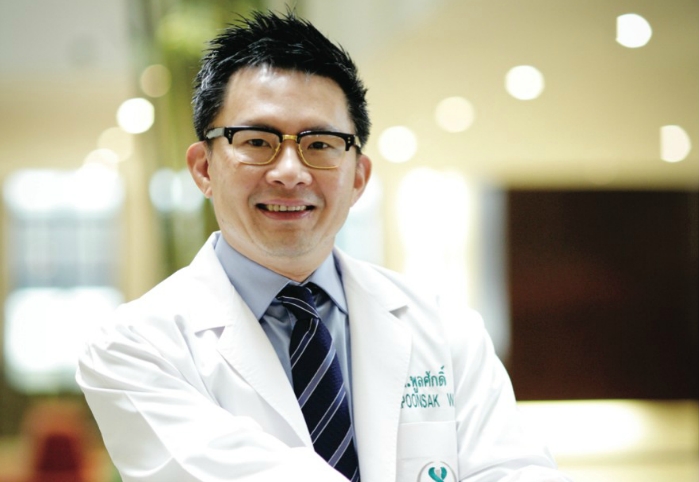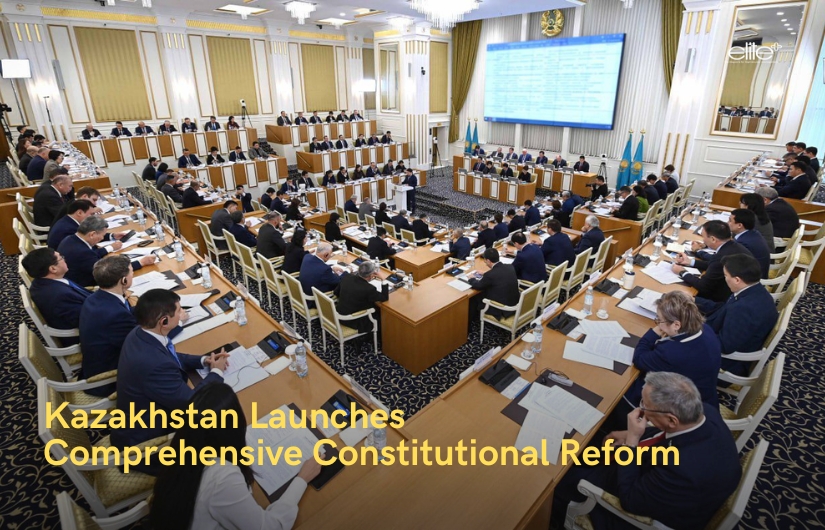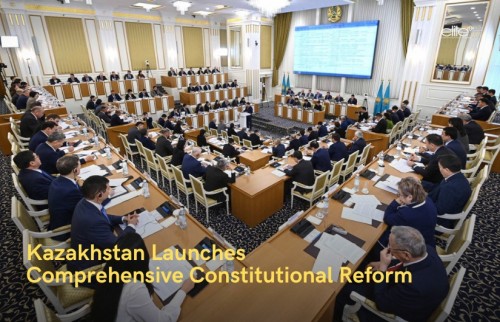Several years before the mostrecent scandal regarding the country’s surrogacy business to rock Thailand, Dr Poonsak Waikwamdee– gynaecologist and fertility specialist at Bumrungrad International Hospital and SMC Fertility Center – sensed something unusual about the overseas demand for reproductive medicine in Thailand. There had been a lot of requests from abroad – around a hundred a month, asking whether the hospital could provide surrogacy services. Callers varied; some were legally married gay partners overseas, infertile couples, mothers with health problems and single women.
“I declined those requests without hesitation,” Dr Poonsak told Elite+in an exclusive interview. Assisted reproductive technology (ART),including in-vitro fertilization (IVF)and surrogacy, could bring in huge revenue but Bumrungrad, one of the country’s leading private hospitals, has a strict policy to abide by local law sand the ethical guidelines of the Medical Council of Thailand. ART has been permitted in the Kingdom on condition that those involved, such as surrogates, must be relatives of infertile couples and the practice not be for commercial purposes. But requests from overseas couples went beyond those restrictions, such as renting a surrogate’s womb and using donated eggs and sperm.
Working with cutting-edgescience, Dr Poonsak’s view on surrogacy is a morally and ethically guided one. Calling surrogacy a “greyarea”, he believes society is in needof moral perspective and awareness of children’s rights. Thai society might have a compassionate view of infertile couples but a relative unconcern with the rights of surrogated babies. “These surrogate babies do not have a chance to ask why they are born into the world,” he said. “Do weever think about their rights? What will they think if their parents are homosexual couples?”
At the same time, laws and enforcement governing ART still lag behind in terms of verifying the identity of surrogates and couples and assigning ownership of babies. It is not that the authorities are unconcerned. There have been numerous debates,discussions and meetings on ART, ethics and legal enforcement over the past few decades but they have not led to much progress on the issue.
Thailand is known as a hub for surrogacy, due to loopholes in law enforcement and the country’s world classyet affordable ART. Couples from countries that ban surrogacy, such as Taiwan, Japan and Singapore, come to Thailand for those reasons. In Thailand they can hire agents to match their requirements with surrogates-for-hire, ART practitioner sand medical facilities. Needless to say, the business is systematic and well run.
“Thailand is an ideal place for commercial surrogacy. Medical practitioners are high in quality and standards. Hospital facilities are of good quality and of course our surrogates are in abundant supply and relatively cheap.”
The cost of hiring a surrogate mother is reportedly around 300,000baht, or US$10,000. Many view surrogacy as a matter of individual choice. Dr Poonsa kanticipates a broader negative impacton society and medical ethics. “Commercial surrogacy can turn babies into products. So the next question is what happens if the products are defective, when babies are born with health problems?”
Abandoning surrogacy is not uncommon and the issue drew the world’s attention recently in the case of “Gammy”, a boy born with Down’s syndrome and health problems. “Gammy was lucky because his surrogate mother and parents in Australia wanted him, but there are many abandoned children, ”Dr Poonsak said. Many cases of abandoned babies in Thailand go unreported and canbe heart breaking. One concerned a baby with Down’s syndrome. Unlike Gammy, the baby was simply abandoned. Another case was of a twin prematurely born with abnormalities. Placed in an incubator at a private hospital in Bangkok for three months, the twin was eventually abandoned by a couple that did not want to pay6 million baht in medical bills.
The recent case of a Japanese businessman who fathered 15 children via Thai surrogates also raises questions about his motivation. The baby business can get even murkier and more sinister.
“In the old days, when human trafficking rings wanted children, they just stole them, or bought them illegally, ” Dr Poonsak said. “If they got caught, the human traffickers would face criminal charges. But what happens if surrogates are used as machines to produce babies for human trafficking, or for the illegal organtrade?”
His prognosis may sound overly wary, yet the world already sees the exploitation of medical science to create an illegal and unethical market for human body parts. “Look at kidney transplants, and the illegal trade to buy kidneys from the poor and give them to the rich. I do not want to see surrogacy also enter into this realm.”




































































































































































































































































































































































































































































































































































































































































































































































































































































































































